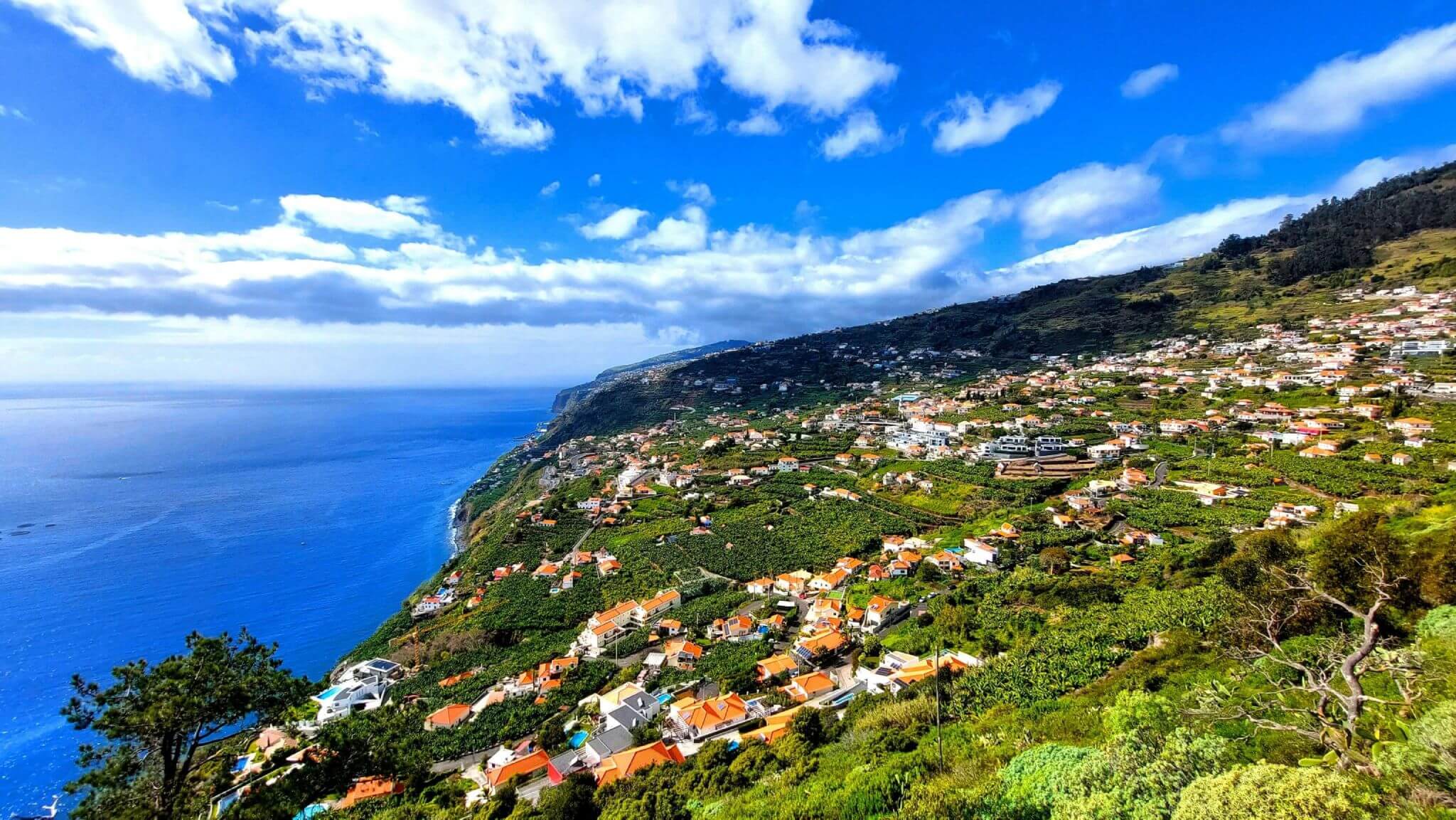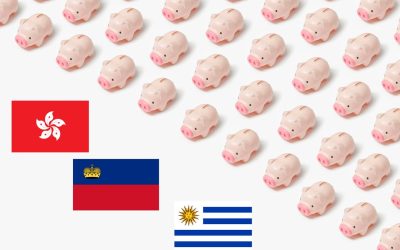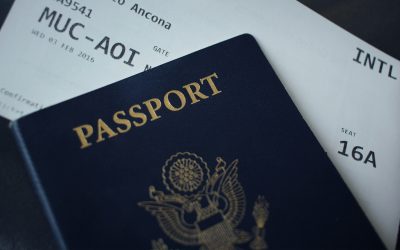Moving to Portugal, more precisely to Madeira, is a dream for many expats. But before settling into your island life, it’s crucial to understand how the tax system works. This guide offers a practical checklist that simplifies taxes in Portugal for foreigners, so you can avoid pitfalls and take full advantage of what the Portuguese tax system has to offer.
9 Essential Checklist for Taxes in Portugal for Foreigners
1. Get Your NIF (Número de Identificação Fiscal)
Before anything else, you’ll need a Portuguese Tax Identification Number, known as the NIF. This number is essential for opening a bank account, signing a lease, and filing taxes. Foreigners can obtain it through a tax representative or a local Finanças office.
Tip for expats in Madeira: It’s often faster and easier to get your NIF with the help of a local consultancy familiar with expat needs.
2. Determine Your Tax Residency
You’re considered a tax resident in Portugal if:
- You spend more than 183 days in the country within 12 months, or
- You maintain a habitual residence in Portugal.
Once you’re a resident, you’ll be taxed on your worldwide income. Non-residents, on the other hand, are only taxed on income sourced in Portugal.
3. Understand Income Tax Brackets
Portugal’s income tax system is progressive, ranging from 14.5% to 48% (with brackets in Madeira imposing slightly lower taxation rates). Additional surtaxes may apply depending on income levels.
Expats should know:
- Portugal distinguishes between different types of income: employment, pensions, investments, and self-employment.
- Rental income and capital gains have their own rules.
4. Explore the NHR Regime (If You Still Can)
While the Non-Habitual Resident (NHR) regime has been significantly revised and is being phased out for new applicants, those already in the regime or who applied before the deadline can still benefit.
Under the original NHR:
- Foreign pension income could be taxed at a flat rate of 10%.
- Foreign-sourced income (dividends, interest, royalties) could be exempt under certain conditions.
- High-value professions enjoyed a flat 20% tax rate on Portuguese-sourced income.
Update for 2025: The NHR is no longer available for most newcomers, but check with a qualified advisor—some exceptions may apply.
5. Declare Worldwide Income (Yes, All of It)
Portugal has tax treaties with many countries to avoid double taxation, but you must still declare all global income. This includes:
- Foreign pensions
- Income from foreign properties
- Investment gains
- Business or freelance income earned abroad
Madeira expats: Don’t assume foreign income is invisible—automatic information exchange between countries is now standard.
6. File Your IRS Return on Time
The annual Portuguese tax return (IRS) must be filed for the previous tax year between April 1 and June 30.
You’ll need to:
- Declare all relevant income sources
- Include proof of foreign income and tax paid abroad (if applicable)
- Attach applicable deductions (healthcare, education, etc.)
Late filing may result in fines and interest charges.
7. Consider Wealth and Property Taxes
Portugal doesn’t impose a general wealth tax, but there is an AIMI (Adicional ao IMI) on high-value real estate:
- Properties valued over €600,000 (per person) are subject to this tax.
- Rates range from 0.4% to 1.5%.
Rental income from Portuguese property is taxed at a flat 28% unless you opt for aggregation into your total income.
8. Know About Inheritance and Gift Tax
Portugal abolished the inheritance tax in most cases, but Stamp Duty (Imposto do Selo) applies:
- 10% on gifts and inheritances to non-relatives.
- Exemptions apply to spouses, descendants, and ascendants.
Planning is key, especially if you hold assets in multiple countries.
9. Seek Local Tax Expertise
Understanding taxes in Portugal for foreigners can feel overwhelming, especially with the rules shifting in recent years. Expats in Madeira benefit from working with trusted local firms who:
- Know the specifics of regional regulations and exemptions
- Offer tailored advice on international income, estate planning, immigration and its tax implications and corporate structures.
- Can communicate clearly in English and handle all interactions with government authorities on your behalf
Final Thoughts about Taxes in Portugal for Foreigners
Proper guidance ensures peace of mind and financial clarity, whether you’re retiring, working remotely, or investing. For foreigners, navigating taxes in Portugal doesn’t have to be complicated, especially when you’re supported by professionals who understand the nuances of expat life in Madeira.
If you’re considering relocating to Madeira or need help managing your taxes, our team at Madeira Corporate Services is here to support you every step of the way.
The founding of Madeira Corporate Services dates back to 1996. MCS started as a corporate service provider in the Madeira International Business Center and rapidly became a leading management company… Read more




